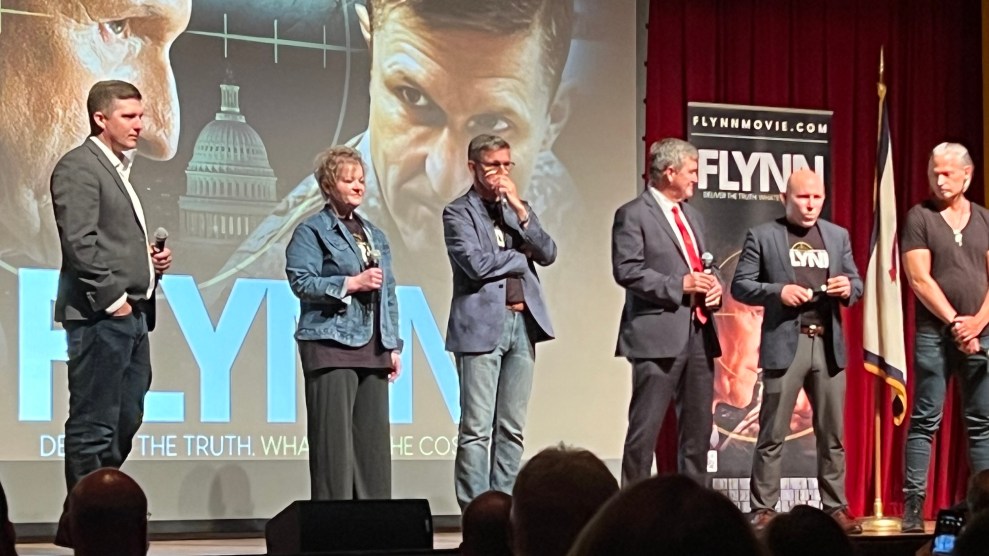
Protesters from Occupy DOEUnited OptOut
Most of the Occupy movement has petered out a year and a half after it exploded in New York’s Zuccotti Park. But one small segment of that movement is rallying in DC this week to focus attention on the evils of “corporate education reform.”
Liberal education luminaries including Diane Ravitch, a former assistant education secretary, and Central Park East schools guru Deborah Meier, will be in Washington as part of a four-day “Occupy the Department of Education” event organized by United Optout, a group that came together last year in the flurry of other Occupy Wall Street events. They’ll be part of non-stop speechmaking from teachers, educators, students, and parents, decrying such things as high-stakes testing and the move towards privatizing public education.
The focus on the Department of Education is intentional. Liberal school advocates are deeply unhappy with President Barack Obama’s education reform agenda, which Peggy Robertson, one organizer of this event, calls “No Child Left Behind on steroids.” Robertson, a veteran teacher from Colorado, says that Obama’s education agenda has “opened the door” to the privatization of public education. His Race to the Top initiative is one of the protest’s primary targets.
Robertson says that this initiative, which has created a competition among states for a large pot of new education funding, requires states to accept certain conditions to receive the new money. These conditions include implementing the Common Core standards, a set of new, national guidelines outlining what students should be expected to learn. (The Occupy activists oppose the standards, which they believe deprive teachers of flexibility and creativity in the classroom by dictating what material they need to cover.) Race to the Top grant recipients are also required to allow more charter schools, create a longitudinal database full of student information to track performance, and tie high-stakes testing to teacher evaluations.
All of these things, Robertson contends, create a windfall for big companies seeking a piece of the enormous public education budget and smother creativity in the classroom. (The Occupiers aren’t the only ones obsessed with the Common Core standards. Glenn Beck has been on a tear against them, too, calling them a form of “leftist ideology” that is “dumbing down schools across the country.”)
The Occupiers descending upon the Education Department this week are trying to draw attention to all of this, along with the rash of public school closings going on around the country, most notably in Chicago and Washington. Robertson recognizes that it’s a tough task. “Most of mainstream media ignores everything we say,” she admits. Last year they had only about 100 people at their rally. This year, she’s hoping for at least a thousand, which isn’t much for a DC protest. But Robertson thinks it’s important to try to present an alternative to the sweeping corporate reform effort. “What’s scary,” she remarks, “is how fast it’s happening.”
















